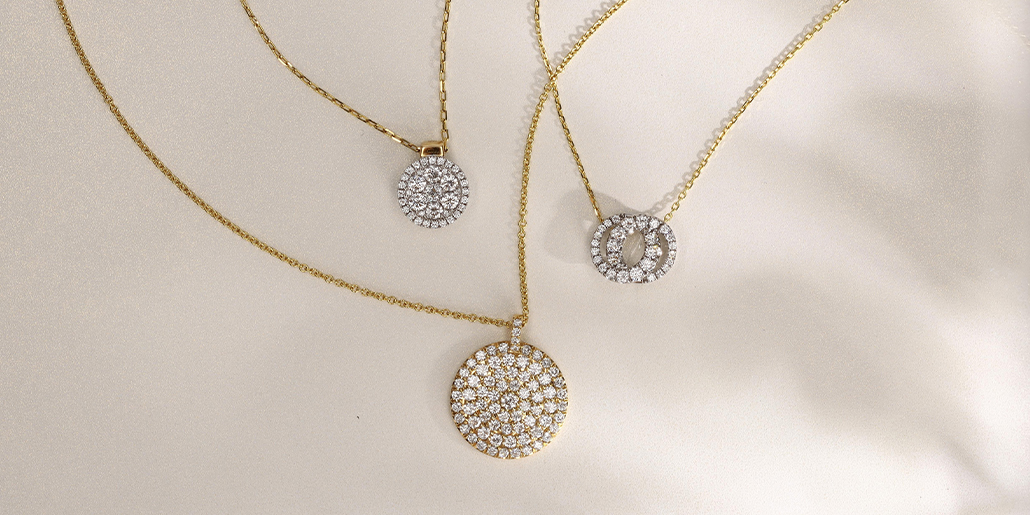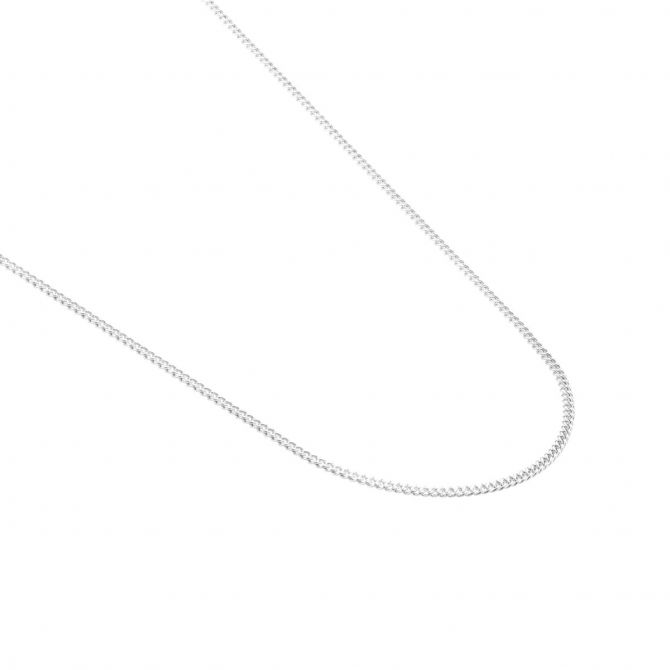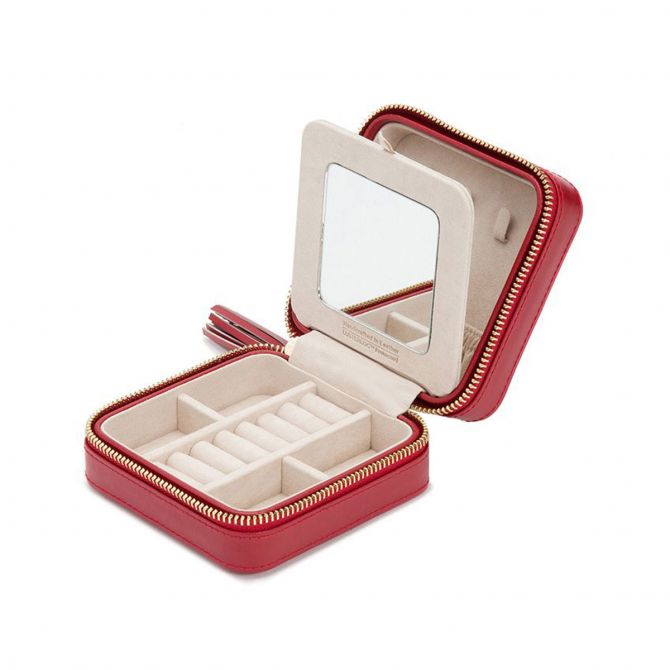Through the swirls of morning routines and the unwind of nightly rituals, the care of your necklaces Open in new window can sometimes get forgotten. Starting is often the most difficult step. With our expert guidance, you don’t have to navigate the complexities of jewelry care Open in new window alone. Take your daily necklace care regimen up a notch with this simple and effective routine.
Easy Does It
If anything, be gentle with your necklaces. Malleable materials like gold Open in new window in higher carats and sterling silver Open in new window are prone to bending, kinking, or stretching when mishandled. Delicate chains Open in new window also require your special attention; the intricacy of their links is fragile and difficult to mend without compromising their original structure. Habitual tugging weakens the clasps and connectors, increasing the likelihood of your necklaces falling off unexpectedly and getting lost.
Apply any cosmetics before putting on your necklaces, as harsh chemicals can leave residue and spoil fine materials. When putting on or taking off your necklace, do so over a soft surface to cushion any accidental drops. Always fasten the clasp securely to prevent accidental breakage.
A pro tip: make your necklaces the last thing you put on in the morning and the first thing you take off at night Open in new window.
Wear with Care
The primary elements to be vigilant of involve water exposure Open in new window and any extreme elements. Temperature changes and the chemicals in pools and hot tubs can cause or facilitate breakage. In general, remove your necklaces before swimming, showering, exercising, and cleaning. Also consider the fabrics you often wear. Over time, coarse materials like wool can wear down the metal or gemstone settings of your necklaces.
The More You Store
Proper storage is essential to preventing your necklace from tangling Open in new window, scratching, or becoming damaged. Jewelry travel cases Open in new window have compartments and straps to keep each necklace in place. Or you can take advantage of small drawstring pouches for tangle-free transport of larger necklaces. Just remember to store your necklaces separately, especially when traveling. Gold, sterling silver, and platinum Open in new window can scratch easily. The culet Open in new window of a diamond Open in new windowespecially can cause inadvertent damage by rubbing against other diamonds and gemstones Open in new window. This risk is heightened in close-set diamond necklaces.
Placing necklaces directly on a wooden dresser instead of a case with a soft lining can result in tiny scratches that dull the surface shine. Just resting your necklaces on surfaces with microscopic roughness like concrete (when swimming) can contribute to gradual material erosion. We recommend purchasing a necklace stand, jewelry box, or hanging organizer with individual hooks, compartments, or pockets, respectively, to keep each piece separated and protected.
A pro tip: reclasp your necklaces before stowing to minimize the risk of severe knots and tangles.
Maintain to Sustain
If you choose to clean your necklaces over a sink, close the drain before beginning. It is safe to clean almost all fine jewelry using a mild soap and water solution and a soft brush, but never use abrasive cleaners on gold and sterling silver necklaces. Depending on the necklace’s design and frequency of wear, Borsheims can polish the metal and/or re-apply rhodium plating on white gold to add sheen. If you wear your necklaces regularly, clean them regularly. Do so with the appropriate cleaner for the metal and stone. Always consult the jewelry experts at Borsheims for the best cleaning procedure for your necklace.
As a part of our Signature Service, we offer complimentary cleaning of necklaces purchased from Borsheims.
Bring your necklaces into our store in Omaha’s Regency district at least every six months for periodic inspection and maintenance Open in new window. An in-house jeweler will assess the condition of your necklaces, check for any loose stones or clasps, and perform the necessary repairs or adjustments to ensure they remain in mint condition.
A well-maintained necklace will serve you for a lifetime of wears. Adopt and commit to this routine so your necklaces are ready to be worn at a moment’s notice.



